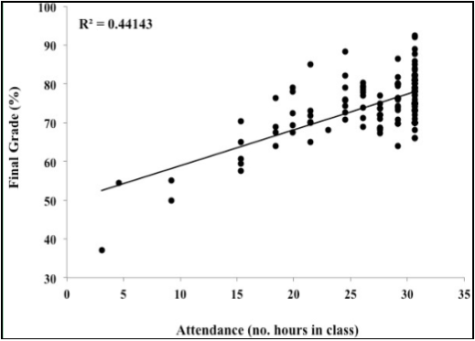MHS back to cracking down on attendance
March 23, 2022
At the end of January, Milford High regarding the reinforcement of School’s administrative team released a statement the attendance policy to Milford families. This statement included several different sections regarding this policy that have nearly been forgotten about since the start of the pandemic.
With life slowly starting to return to normal again, the administration is trying to address the “bad habits” that were created through COVID. Principal Kevin McKenna stated, “there was a lot more fluidity of students coming and going; we felt the second semester was a good time to remind students and parents of this policy.”
The first portion of the letter contained information regarding under what circumstances absence would be considered “acceptable,” as well as any additional information around attendance. The administrative team of McKenna and Assistant Principals Elizabeth Suminski and Eric Dziobak compiled a list of the following situations to be tolerated for students to miss school: college visits, illness, religious holidays/celebrations, medical/dental appointments, bereavement, or quarantine. They also went on to remind students and parents of important information concerning how to call students out of school, the fact that the school is a “closed campus,” identification requirements, etc.
Next, the statement tackled the long-forgotten policy regarding detention and unexcused tardies/absences, which, as one could imagine, caused some negative reactions from students. The tardy policy contained three main points:
- 1. Four unexcused tardies: student will receive detention
- Eight unexcused tardy: students may be “referred to administration” and will receive two detentions.
- Twelve unexcused tardies: students may receive an “ISS,” or in other words an “in-school suspension,” and/or a loss of their parking privileges.
- If the behavior
doesn’t change after receiving the twelfth tardy, students will receive something called an “attendance contract” that could result in several serious consequences including an out-of-school suspension.
In terms of receiving their detentions, students will be expected to show up on their assigned date and will not be allowed access to their electronic devices through the one-hour session. Instead, “students are expected to bring classwork or a book to read,” for the duration of their sentence. “Reinforcing this policy has already amounted to a significant and noticeable difference,” McKenna said.
In addition to starting to strictly enforce this policy, Milford’s administration is no longer allowing students to sneak in class late without being marked as tardy. Whether it’s Suminski or another administrator stationed at a desk right inside the front door, which ensures that students who enter past 7:21 must sign in and mark themselves as tardy.
Milford administrators hope this new policy will force students to be more responsible and timely with getting to school and class on time. Ever since the outbreak of COVID-19, attendance throughout the school has been much more sporadic, mostly due to quarantines and illness. s.
“We are finally starting to get back to normal,” Suminski said, “COVID really put a kink in things, and we were seeing lots of issues with first hours and kids constantly coming and going. We want to make sure students are going to be successful and we know that students are going to be more successful the more they’re in school.”
Now with the mask mandate being revoked and things starting to feel a little more normal, that means students need to start taking school more seriously again. “It’s about accountability, ” Suminski reiterated. McKenna adds, “Our goal is to have the best education possible for our students and the more you attend, the better your grades.” Not only does attendance directly affect students disruptive to teachers and other students’ grades but it also can be.
That being said, many students are fearful of this stricter policy not because they don’t care about being late, but because it’s challenging to be on time. For example, students with siblings or students who rely on someone else to bring them to school and can’t exactly control how often they’re tardy. A sophomore at Milford, Sam Washburn, has some frustrations regarding this policy. “I understand what they’re trying to do,” he says, “I just feel like four tardies aren’t deserving of a detention, especially since a lot of times, in my case and I’m sure many others, first hour tardies are out of my control.”
That being said, hopefully this reinforcement will bring about more positive results than negative ones, and the improved attendance will lead to educational improvement in students, as well as contributing to this sense of “normalcy” we’ve all been dying to return to since the pandemic completely distorted our day-to-day lives
